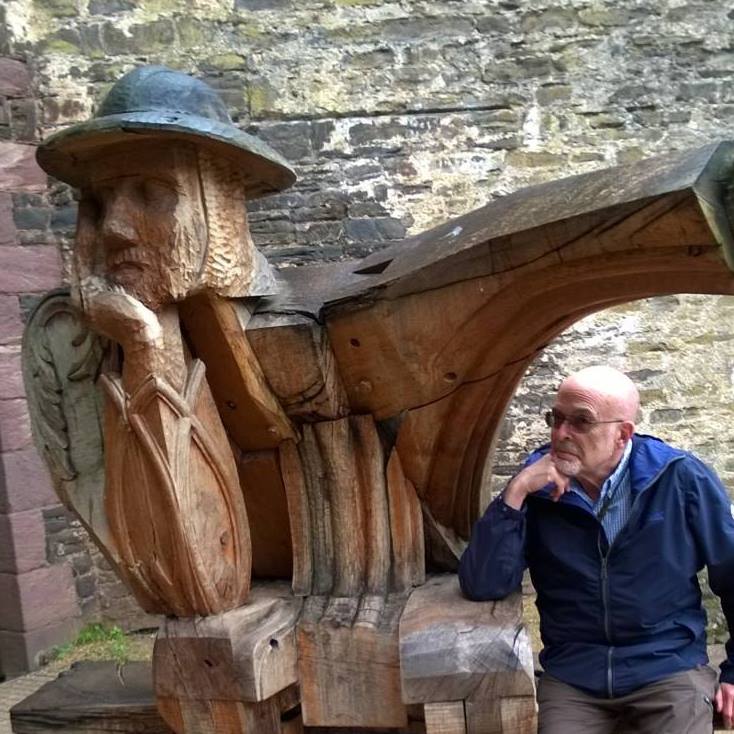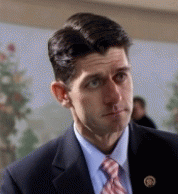The mythology of individualism
In her Textbook of Americanism, GOP saint Ayn Rand wrote: "The basic principle of the United States of America is Individualism." At a 2005 celebration honoring Rand, Republican young gun Paul Ryan declared that every battle fought by Republicans "usually comes down to one conflict - individualism versus collectivism."
Randian conservatives are ok with private collectives--even corporations powered by the activities of hundreds of thousands of employees and revenues larger than many nations. What they fear and loathe is the political collective, a people or community pursuing a common good through government action.
As the influential libertarian philosopher Robert Nozick put it, "There is no social entity with a good . . . . There are only individual people, different individual people, with their own individual lives." In other words, society is nothing but a multitude of individuals for whom there is no public good, only private goods sought by different individuals and groups.
Nozick would add that, in a free society, no individual or group should use the power of government to force others to contribute to their private goals such as food or medicine. Doing so amounts to enslavement. As Rand Paul said, if you want to legislate universal healthcare, "you believe in slavery."
The only acceptable role for government is to protect individuals' property and liberty from aggressors.
Individualists want a political system built around self-made, self-reliant and value-creating agents whose connections to other humans are purely voluntary or contractual. That's why they see the free market as society itself, as the natural environment for human nature.
Of course, the very idea of a market society is hard to reconcile with the individualist picture of humans. Our constant transactions with each other show our dependence on goods and services provided by others.
Individualists would respond that these transactions are voluntary in a free-market society. Each of us can choose with whom to deal and which things we do for ourselves rather than rely on others.
We make ourselves who we are and we create values by these choices. When we get what we want through market transactions, we draw on our own resources to offer something that another person needs in return.
Behold the individualist's new Adam--a gift to the world from our exceptional culture. This muscular ego is the creature of what Herbert Hoover called "the American system of rugged individualism."
There is something very appealing about this picture. All of us want our children to become self-reliant and value-creating individuals, and a healthy society needs to nurture these traits in all its citizens.
However, this picture is deeply flawed because what it leaves out is just as important as what it includes. No one is self-made. A society makes individuals just as much as individuals make a society.
Nothing is closer to the very core of an individual than their thought processes. Yet it is language that makes thought possible by supplying the mind with ideas and rules for combining them. There is no private language--it's community property.
A few individuals manage to put words or ideas together in very original ways, like Shakespeare or Einstein. Yet even they would have been impossible without their societies' language and education, and without institutions (such as the theater and science) which they did not create.
Every individual's life is an intersection of pre-scripted roles (e.g. being parents, spouses or professionals) that we did not invent, and without which our behavior would be unintelligible to others or to ourselves. Like actors on a stage, we play these roles more or less well.
(Note: You can view every article as one long page if you sign up as an Advocate Member, or higher).






